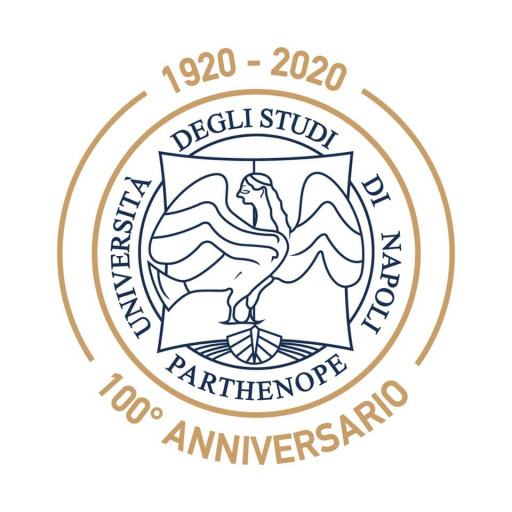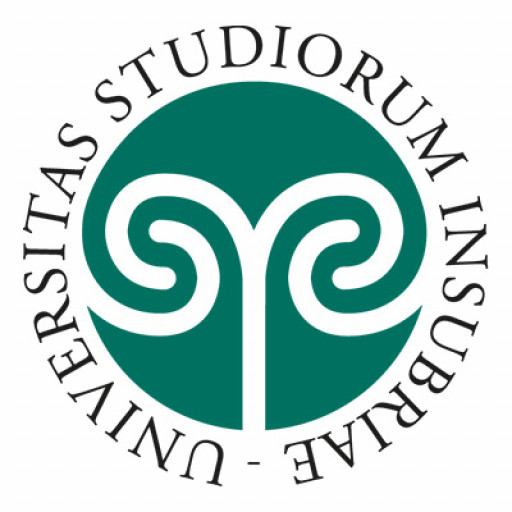Photos of university / #dukeuniversity
The Bachelor of Science in Economics at Duke University provides students with a comprehensive and rigorous foundation in economic theory, quantitative methods, and real-world applications. This program is designed to develop analytical and critical thinking skills, enabling graduates to understand complex economic issues, formulate evidence-based policies, and make informed decisions across various sectors. Students will explore microeconomics and macroeconomics, gaining a deep understanding of how individuals, firms, and governments interact within markets and influence economic outcomes. The curriculum emphasizes the use of advanced analytical tools, including statistical and mathematical techniques, to enable students to analyze data, formulate models, and test hypotheses effectively.
Throughout the program, students have the opportunity to engage with interdisciplinary approaches, integrating insights from political science, history, and social sciences to better understand economic phenomena in diverse contexts. The program also offers specialized elective courses in areas such as international economics, public policy, behavioral economics, financial economics, and development economics, allowing students to tailor their academic journey to their interests and career aspirations.
Duke’s Economics program benefits from close collaboration with faculty who are leaders in their fields, providing mentorship and opportunities for research, internships, and practical experience. The university's strong connections to financial institutions, government agencies, and research organizations further enhance students' learning and employment prospects. Graduates of the program are well-prepared for careers in academia, finance, consulting, government, international organizations, and beyond. Many students also opt to continue their studies in graduate or professional schools to deepen their expertise. The program emphasizes critical engagement with current economic challenges, fostering a global perspective and a commitment to applying economic principles to solve real-world problems.
Economics at Duke University offers a comprehensive and rigorous curriculum designed to equip students with a deep understanding of economic theories, analytical methods, and real-world applications. The program explores the fundamental principles that govern the functioning of economies at both macroeconomic and microeconomic levels, providing students with the tools necessary to analyze complex economic issues and develop innovative solutions. Students in this program will examine topics such as market structures, consumer behavior, fiscal policy, monetary policy, economic development, and international trade, among many others. The curriculum emphasizes quantitative skills, encouraging proficiency in statistics, econometrics, and data analysis, which are essential for conducting empirical research and making informed decisions in both public and private sectors.
Throughout their studies, students will engage with a variety of teaching methods, including lectures, seminars, case studies, and research projects, fostering critical thinking and analytical reasoning. The program also offers specialized courses that allow students to explore areas of particular interest, such as environmental economics, behavioral economics, financial economics, and health economics. Moreover, Duke’s Economics program provides ample opportunities for practical experience through internships, research assistantships, and collaborations with industry and government agencies, preparing students for successful careers in academia, finance, consulting, public policy, and more.
The faculty comprises leading economists and researchers dedicated to mentoring students and encouraging intellectual curiosity. With a strong emphasis on interdisciplinary learning, the program integrates insights from political science, sociology, mathematics, and computer science, enabling students to approach economic problems from multiple perspectives. Graduates of the program are well-equipped with critical thinking skills, quantitative expertise, and a broad understanding of economic issues influencing global and local communities. By combining theoretical knowledge with practical experience, the Economics major at Duke University aims to cultivate future leaders capable of addressing the pressing economic challenges of the 21st century.
The Bachelor of Arts in Economics at Duke University requires students to complete a total of approximately 34-36 credit hours in economics coursework. The program typically begins with foundational courses such as Principles of Microeconomics and Principles of Macroeconomics, which introduce core economic concepts and analytical methods. Following these, students are encouraged to take intermediate courses like Intermediate Microeconomics and Intermediate Macroeconomics, which deepen understanding of economic theories and models.
In addition to these core courses, students are expected to complete quantitative and analytical coursework, including courses in statistics, econometrics, and mathematical methods for economics. These are essential for developing quantitative skills necessary for economic analysis. Elective courses allow students to specialize in areas such as development economics, international economics, public economics, or behavioral economics.
To fulfill requirements, students typically take at least one advanced seminar in economics, which provides in-depth exploration of specialized topics and research methodologies. Moreover, the program emphasizes critical thinking, data analysis, and research skills, encouraging students to engage in independent projects or research initiatives under faculty supervision.
The university also promotes a multidisciplinary approach, advising students to combine their economics coursework with studies in related fields such as political science, history, or business. Internships, study abroad programs, and participation in economic research centers are highly recommended to enrich learning experiences.
Overall, the curriculum is designed to equip students with rigorous analytical tools, theoretical knowledge, and practical skills necessary for careers in finance, government, consulting, or for pursuing graduate study in economics or related disciplines. Maintaining a strong GPA in major courses is typically required for graduation, and students are encouraged to consult academic advisors regularly to ensure compliance with all program requirements and personalized academic planning.
The finance options for the Economics program at Duke University include a range of financial aid packages, scholarships, assistantships, and loan opportunities designed to support students throughout their studies. Duke University is dedicated to making education accessible and affordable, providing both need-based and merit-based financial aid options for undergraduate and graduate students. For undergraduate students, Duke offers institutional grants that do not require repayment, as well as federal and state financial aid programs. These include the Free Application for Federal Student Aid (FAFSA), which is essential for accessing federal grants, loans, and work-study opportunities. Merit-based scholarships, including the Robertson Scholars Program and other institutional awards, are also available to outstanding students based on academic achievement, leadership, and contributions to the community. Graduate students pursuing an economics degree can benefit from assistantships, such as Research Assistantships (RAs) and Teaching Assistantships (TAs), which often provide a stipend and full or partial tuition remission. These assistantships not only help finance the cost of education but also offer valuable research and teaching experience. Additionally, students are encouraged to explore external funding sources, including fellowships and private scholarships, which can be combined with institutional aid to reduce overall costs. Duke's Office of Financial Aid offers comprehensive counseling and resources to help students navigate their options, complete necessary applications, and plan their financial strategy effectively. The university emphasizes affordability and aims to meet the demonstrated financial need of admitted students to ensure that financial barriers do not hinder access to the program. Loan options, including federal Direct Loans, are available with favorable terms to assist students in managing educational expenses. Overall, Duke University provides a robust framework of financial support dedicated to enabling students to pursue their Economics degree with minimized financial stress and maximum educational opportunity.
The Duke University Economics undergraduate program offers students a comprehensive education in the fundamental principles and analytical techniques of economics. The curriculum emphasizes both microeconomic and macroeconomic theories, providing students with a solid foundation to understand how markets operate and how economic policies impact society. Students have the opportunity to delve into various specialized fields within economics, including development economics, health economics, environmental economics, financial economics, and public policy, allowing them to tailor their studies according to their interests and career goals.
The program combines rigorous coursework with experiential learning, encouraging students to apply theoretical concepts through quantitative analysis, case studies, and research projects. Duke's faculty members are renowned experts in their fields, committed to providing personalized mentorship and fostering an engaging academic environment. The economics department also emphasizes the development of critical thinking, data analysis, and effective communication skills, which are essential for success in diverse careers such as finance, government, international organizations, academia, and private enterprise.
Students in the program are encouraged to participate in internship opportunities, research assistantships, and study abroad programs to gain practical experience and a global perspective. Duke University supports interdisciplinary approaches, allowing students to combine economics with other disciplines such as political science, environmental sciences, or public policy, enriching their educational experience and expanding their career horizons.
Graduates of the Duke Economics program are well-prepared for advanced graduate studies, including master's and doctoral programs, as well as direct entry into the workforce. The program's rigorous academic standards and focus on analytical and quantitative skills ensure that students graduate with a competitive edge. Overall, the Duke University Economics undergraduate program aims to produce well-rounded, analytical, and ethically grounded economists who can contribute effectively to solving real-world problems.










